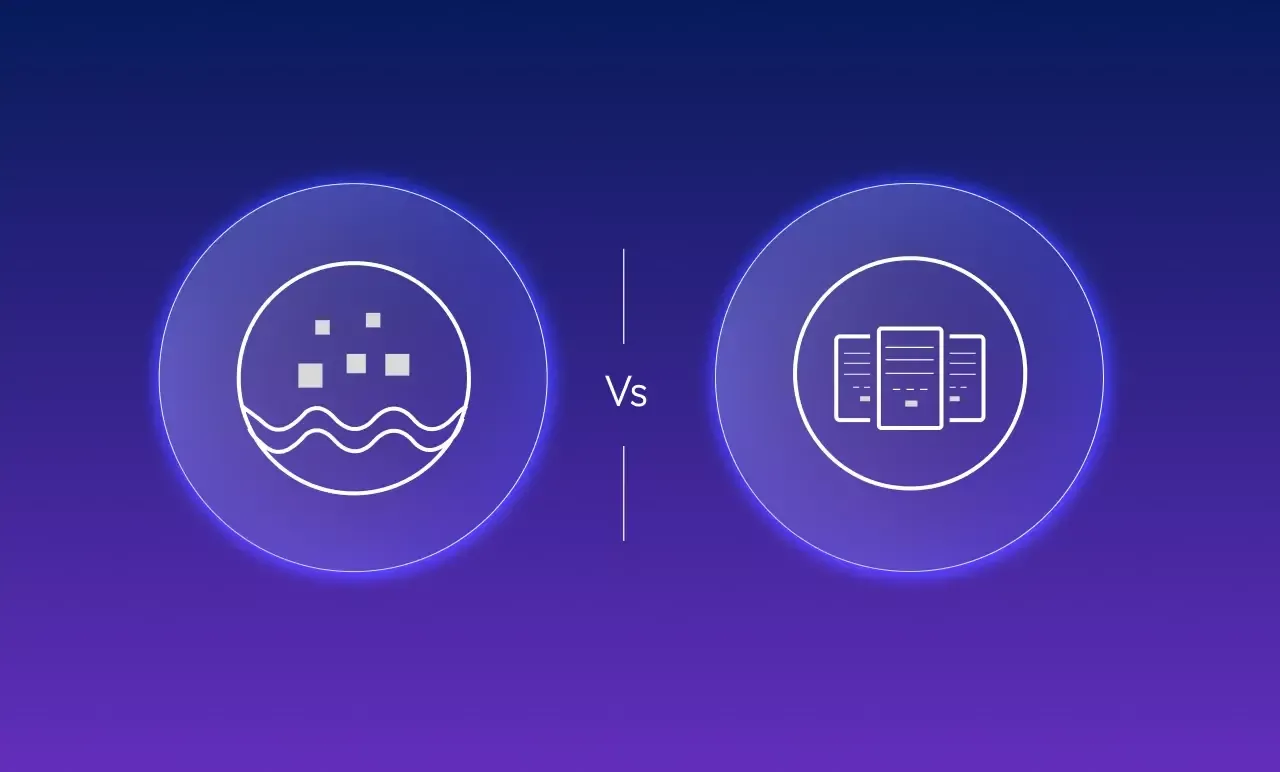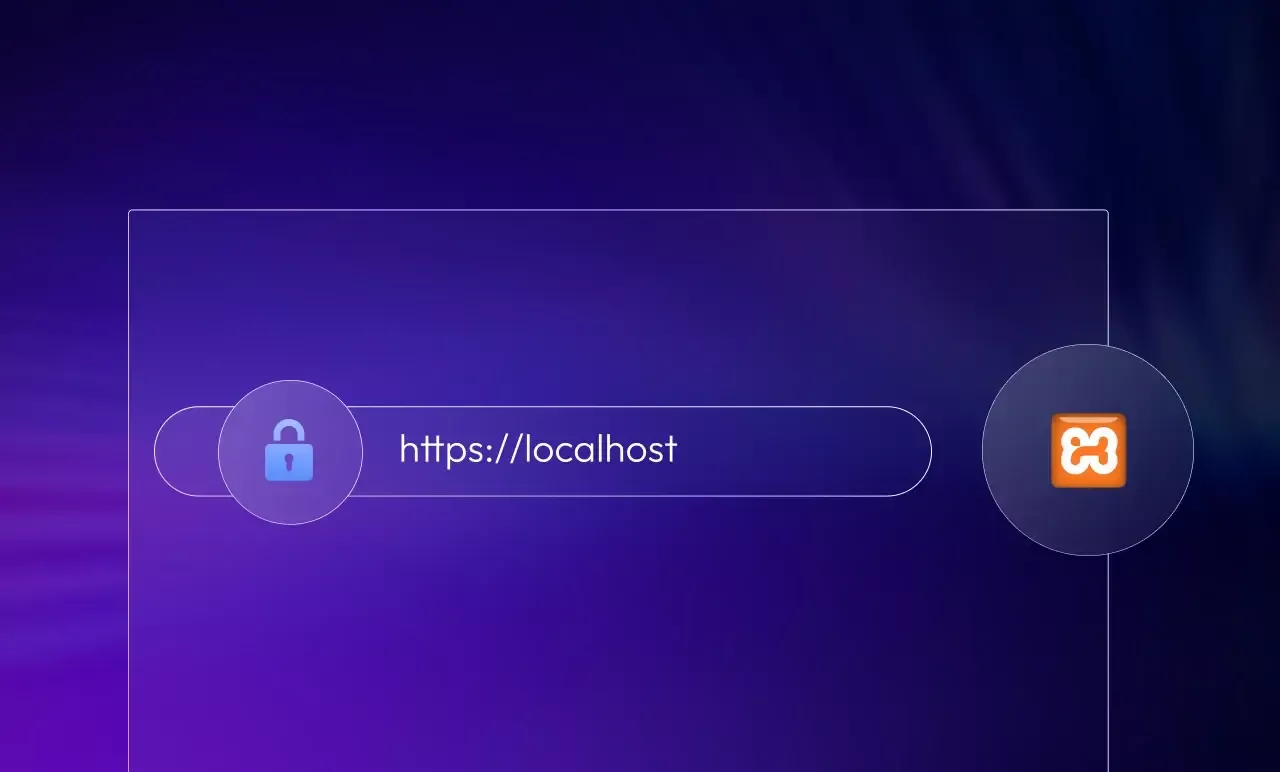Data Storage Decoded: Data Warehouse vs Data Lake Explained
How to Create a User-Intent SEO Strategy
Search engines exist to provide users with results that are relevant to the search query. Smart SEO campaigns are built on an understanding of how your audience searches around your industry, products, and services.
A key point here is to understand the intent behind a given keyword search. A user wants to find specific information, and search engines have advanced algorithms and large amounts of traffic they analyze to determine which results are the best matches for a keyword.
In this article, we take a look at how to understand and categorize keywords based on intent to provide a solid foundation for your search engine optimization
Understanding searcher intent secures a good chance for you to show up in front of people at the exact time they have a requirement. Unfortunately, commercial terms are highly competitive across the paid and organic search. For most businesses, there are other opportunities for branding and targeting customers higher in the marketing funnel. We just have to develop a greater understanding of the intent behind search keywords.
The first step here is to understand the three categories of search queries:
Navigational search queries
Do you ever type “Google.com” or “Facebook.com” into your browser? Or do you just type “Google” or “Facebook” directly into the address bar? This is a navigational query, a search performed with the intent of going directly to a specific website, or even a page on a site.
Informational search queries
From a business perspective, we are looking to identify queries that relate to the product or service your company provides. Then develop content that answers these questions or provides information on certain topics. This will position you in front of your potential audience and build brand awareness.
Commercial or transactional search queries
Commercial queries relate to the desired action that you would like a prospect to take. These keywords are all highly commercial in nature and therefore high-value. It is important not only to target these keywords but to ensure you focus on helping the visitor complete their goal once they arrive at your site.
Ambiguous keywords and personalized results
Not all keywords are crystal-clear in their categorization or intent. Take “software development” for example. If a user searches for “software development,” what exactly are they looking for?
Some free tutorials? Development Company? The searcher may not be entirely sure and may simply be starting to investigate a topic.
Where intent is not always clear, Google will typically show a page of results that cover a wide variety of potential answers.
Mapping searcher intent to keywords
Understanding searcher intent allows you to build more strategic lists of keywords. This then helps us understand how to best target a given keyword and where that keyword fits into our overall SEO and strategy.
Ad Words CPC and competition
Also include Ad Words cost per click, Ad Words competition and keyword difficulty in your keyword spreadsheets to help you get a full picture with regard to the potential value of the keyword.
How to clarify searcher intent
Searcher intent is not always clear, and it is easy to classify keywords as commercial when in fact they may be more informational in nature. Your SEO campaign then becomes about promoting those content pieces to help build organic visibility.
Content strategy and clarity of intent
Understanding the intent behind the keywords you target simplifies the entire SEO process. Trying to rank content where the intent of your message is different from the intent of the search term is doomed to failure.
Creating content that ranks well and converts users requires a crystal-clear understanding of what the searcher is looking for. Once you understand the intent, you can review the content that ranks and look for opportunities where you can improve the content that is already ranking. For more details, you can get in touch with our experts at [email protected] or call us at +91-98367-81929.
Email us or Talk to us at +91-98367-81929 or Simply Contact Us through the website.
Let's Connect











